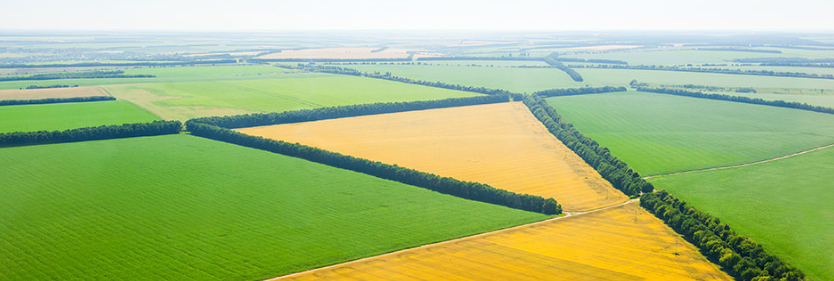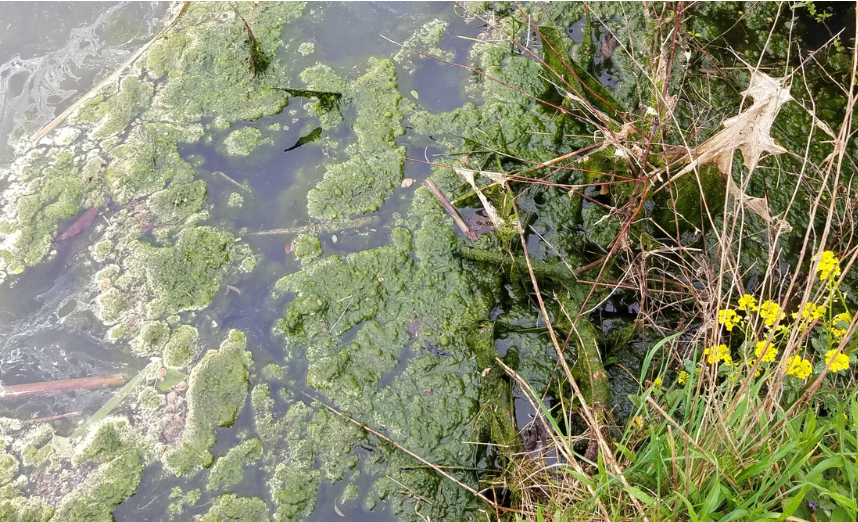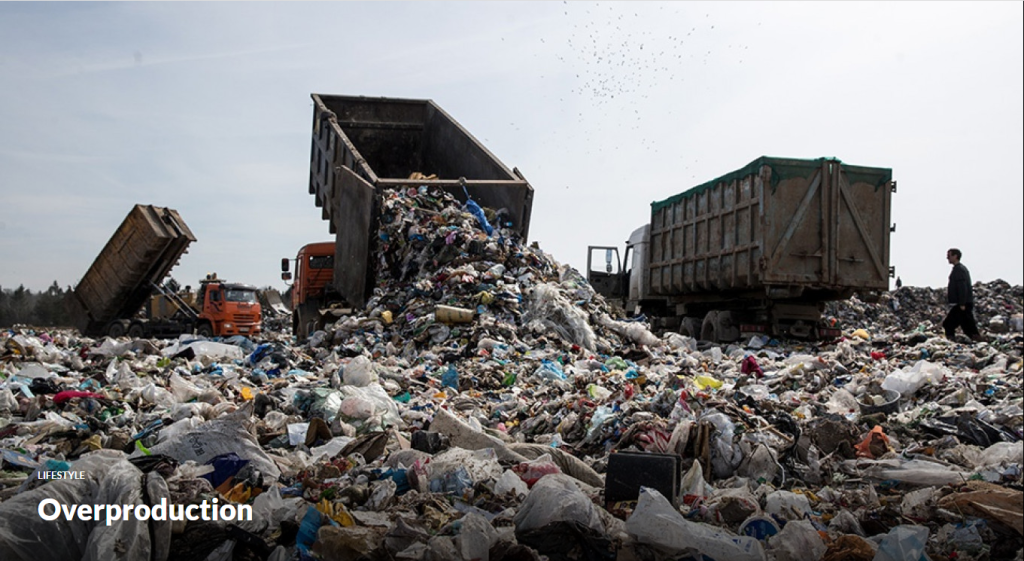Is Haber Bosch a good solution to our problems?
Sure, at face value the Haber Bosch process was revolutionary in bringing large amounts of accessible nitrate fertilizers into the industrial agricultural sector and even at small scales, but this action of implementing artificial fertilizers does not just affect the crops that they are used for. The excess nitrates can reek havoc on the rest of the environment sounding the grounds that these fertilizers are used on and cause unintended consequences deeper than just providing higher crop yield on the same acreage of land.

One instance where the contamination of the fertilizers is very prominent is water runoff into larger bodies of water. According to Dennison in his article Environmental risks of the third re-purposing of the Haber-Bosch reaction, The excess nutrients that seep into the water ways and because of the excess nutrients for plant life, they cause uncontrollable Algy blooms. This may not seem like too much of an inconvenience other than the sight of green sludge in fresh waterways but it makes a huge impact on the lives of the fish and other aquatic life because of the abundance of Algy. The abundance of algy creates dead zones in the water because it siphons all of the oxygen from the water when they perform respiration at night and depletes the water of dissolved O2 that fish use for respiration. The lack of available oxygen and kills off many of the fish leading to a compromised ecosystem far from being in balance.
In order to avoid these seepages into the surroundings, the simple fix would be to heavily regulate the steps to use and contain the nitrate and ammonia byproducts of using these artificial fertilizers produced using the Haber Bosch process. The only issue is this would only fix the problem for higher developed countries like the United States, but others face severe consequences from pollution and runoff—especially in developing countries lacking infrastructure to manage the waste produced by using such artificial fertilizers.

https://www.middlesusquehannariverkeeper.org/blog/early-reports-of-algae-in-watershed-spark-efforts-for-education-action Algy blooms in local Susquehanna River.
Another large pitfall in the discovery of the Haber Bosch is the greenhouse gas emissions that are caused by carrying out the process. Since the process takes such extreme pressures, heating the reactor to that condition requires a massive amount of energy and as a result companies turn to using cheap fossil fuels instead of clean energy to supply the reaction energies. Couple this fact with the idea that there are also micro processes that happen in the soil at a biomolecular level that release some Nitrous Oxides which according to the United States Environmental Protection Agency is a potent greenhouse gas, with a global warming potential about 265-298 times that of carbon dioxide over a 100-year period.
Overall our society seems to always pull towards more consumption and higher yields with lower costs as a byproduct of an extremely capitalist world structure. I would argue that our society needs not to push this agenda of overproduction in the end goal of achieving profit with little input cost. I want to echo Rachel Carson’s accoladed novel Silent Spring and stress the idea that she introduced that more is not always better, ESPICALLY through the lens of crop yield. Carson pushes back against that idea by showing how we’ve ignored the long-term effects of our actions on ecosystems. We’ve focused so much on feeding a growing population that we don’t stop to ask if the real problem is overproduction and overconsumption, not scarcity like major corporations might want us to think. She highlights how things like pesticides and artificial fertilizers don’t just boost production, they also quietly damage soil, water, animals, and even human health in ways that often go unnoticed until it’s too late and we have caused irreversible damage to out planets ecosystems.

https://sustainableearthdotblog.wordpress.com/2019/05/06/overproduction
Overall atmospheric nitrogen is abundant and might seem like an inexhaustible resource because of its major composition in the earths atmosphere, the process of converting it into usable fertilizer and its subsequent use in agriculture have significant environmental, economic, and social downsides that need to be carefully managed and mitigated for sustainable food production. All of these negative consequences on the environment coupled with the fact that our society is pushing for this overproduction just stresses the point that the Haber Bosch process has not contributed to our world more than it has made it worse and is forcing our ecosystems to produce far over its natural capabilities.